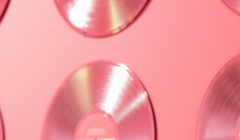
How can brands use music to overcome generational tensions?
Joanna Barnett, Strategy Director at Truant, on the power of music to bring people closer together and broaden a brand’s appeal.
Time to diversify your brand

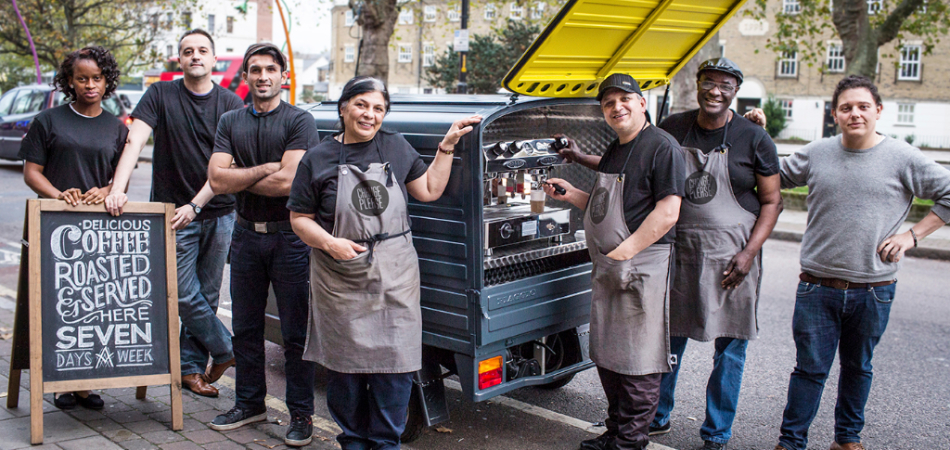
In the last month global marketplace Amazon launched a music streaming service, electronic car pioneer Tesla unveiled new solar roof tiles, and home electronics company Samsung bought a connected car firm for $8 billion.
Brand diversification is about more than commercial gain. Whilst Google may have struggled to get products like Google Glass into the mainstream, they succeeded in transforming themselves from a search engine into a global technology company. Helping them to attract the best talent and stay ahead of competitors. Their new experimental lab – X – describes itself as a ‘moonshot factory’. Part of parent company Alphabet, their mission is to ‘invent and launch ‘moonshot’ technologies that could someday make the world a radically better place.’ A wonderful proposition to entice the best entrepreneurial minds.
Investing in innovation and technology can also help to strengthen a brand’s proposition. Under Armour has spent almost $1 billion on fitness apps and wearable tech to help them in their mission to ‘make all athletes better through passion, design and the relentless pursuit of innovation.’
Not all brand diversification is driven by technology. With the insight that print is on the decline and coffee is booming, The Big Issue, a magazine published on behalf of and sold by homeless, branched out into coffee by creating a new brand – Change Please. The scheme empowers homeless people with the skills, equipment and coffee beans they need to become fully-fledged baristas. The coffee is also sold in supermarkets, where profits go back into the charity.
Steve Jobs famously said, “Innovation distinguishes between a leader and a follower.” Whilst this may not apply to the new Mac Candle, which for $24 you can enjoy the smell of a freshly unboxed Mac, investing in product and service innovation is the best way to stay ahead of your competitors and keep relevant in a fast changing world.
Samsung’s Launching People program is an initiative that brings together two experts from different backgrounds to demonstrate how technology can help solve real challenges facing society.
A recent project – brainBAND - is an innovative piece of wearable technology designed to facilitate concussion research within sports.
Samsung brought together Dr. Alan Pearce, a neuroscientist heavily involved in concussion research and education, and Braden Wilson, an industrial designer, to work on the program. Together, they created a prototype that can track impacts to the head in contact sports in real-time. The aim to use this data to better understand concussion in sport and the ongoing impact on the brain.
The prototype is a specially designed headband with sensors that measure the force of the impact. This information is then relayed via an app to medics, referees and coaches, all in real-time through the use of Samsung devices.
The product was trialled by Australian football sensation and Samsung brand ambassador, Israel Folau, who helped shine a spotlight on the brainBAND project and the brand.
Samsung’s other product innovations include the Blind Cap – a swimming cap that helps blind swimmers connect to their coach, and technology that helps make incubators for premature babies feel more like the womb.
These initiatives contributed towards Samsung being names Marketer of the Year at the Cannes Festival of Creativity 2016.
Agency: Leo Burnett, Sydney
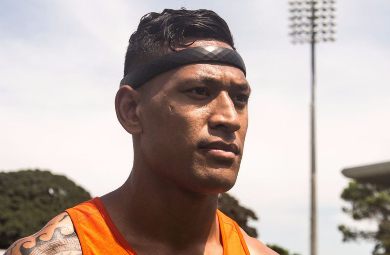
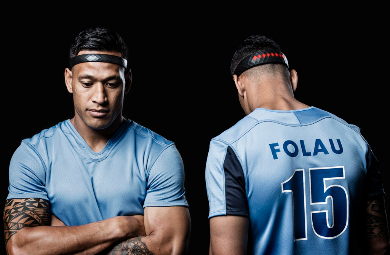
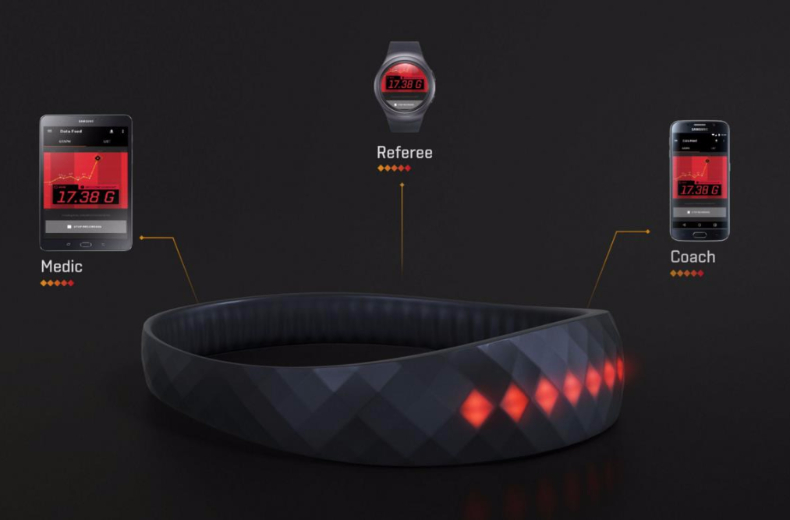
To bring to life the C&G baby club's promise of happiness, the brand looked outside of their usual channels to create something useful and more meaningful for parents. The Happy Song is the first song scientifically tested to make babies happy. Grammy award winning composer Imogen Heap was commissioned to work alongside child psychologists, who undertook ground breaking research into what musical elements make babies happy. Over 2,000 UK parents submitted their babies ‘happy’ sounds to create the song, which is available on Spotify and SoundofHappy.com to download.
Agency: BETC London, London
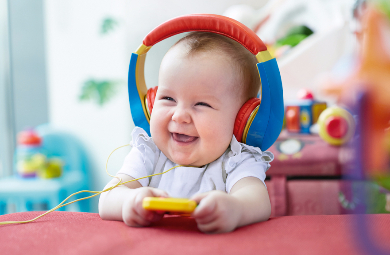
Café culture has sparked a coffee revolution and a new entry to the market suddenly threatened Nescafé’s position as the leader in instant-coffee. Starbucks launched VIA, a new category of coffee-shop ‘microground’ popular with young, urban consumers. In just 6 SIX weeks Nescafe had developed Azera in response. The new brand was positioned as the ‘instant barista’ helping Azera snap up 49% of the microground category within 2 TWO months of launch.
Agency: Coley Porter Bell Limited, London
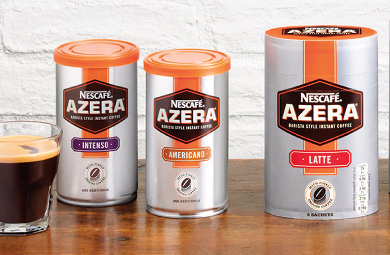
Rude Health was founded in 2005 with an Ultimate Muesli recipe. From the humble beginnings of the founders kitchen they have grown their portfolio into cereals, award winning granola and smoothie oats. Their latest venture gives the brand a more human face in the shape of a café. In addition to cereal the café will sell a range of foods that follow their mission of ‘food that’s well-sourced, nutrient-rich and leaves you feeling good, as well as being delicious.’
Agency: In-house
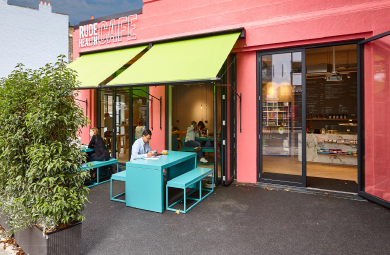
Victorinox is a brand associated with craft, adventure and exploration. Their values have helped them remain popular for the past 130 years. To make their story relevant to a young, design-led audience they created a kit of digital and physical assets that would inspire them to find their own adventures. Beautiful maps, bespoke kit bags and a series of films showing influencers using the Victorinox products drew in a new younger audience.
Agency: PD3 , London
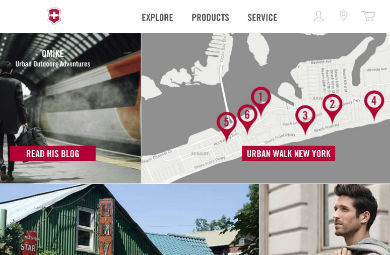
Looks like you need to create a Creativebrief account to perform this action.
Create account Sign inLooks like you need to create a Creativebrief account to perform this action.
Create account Sign in